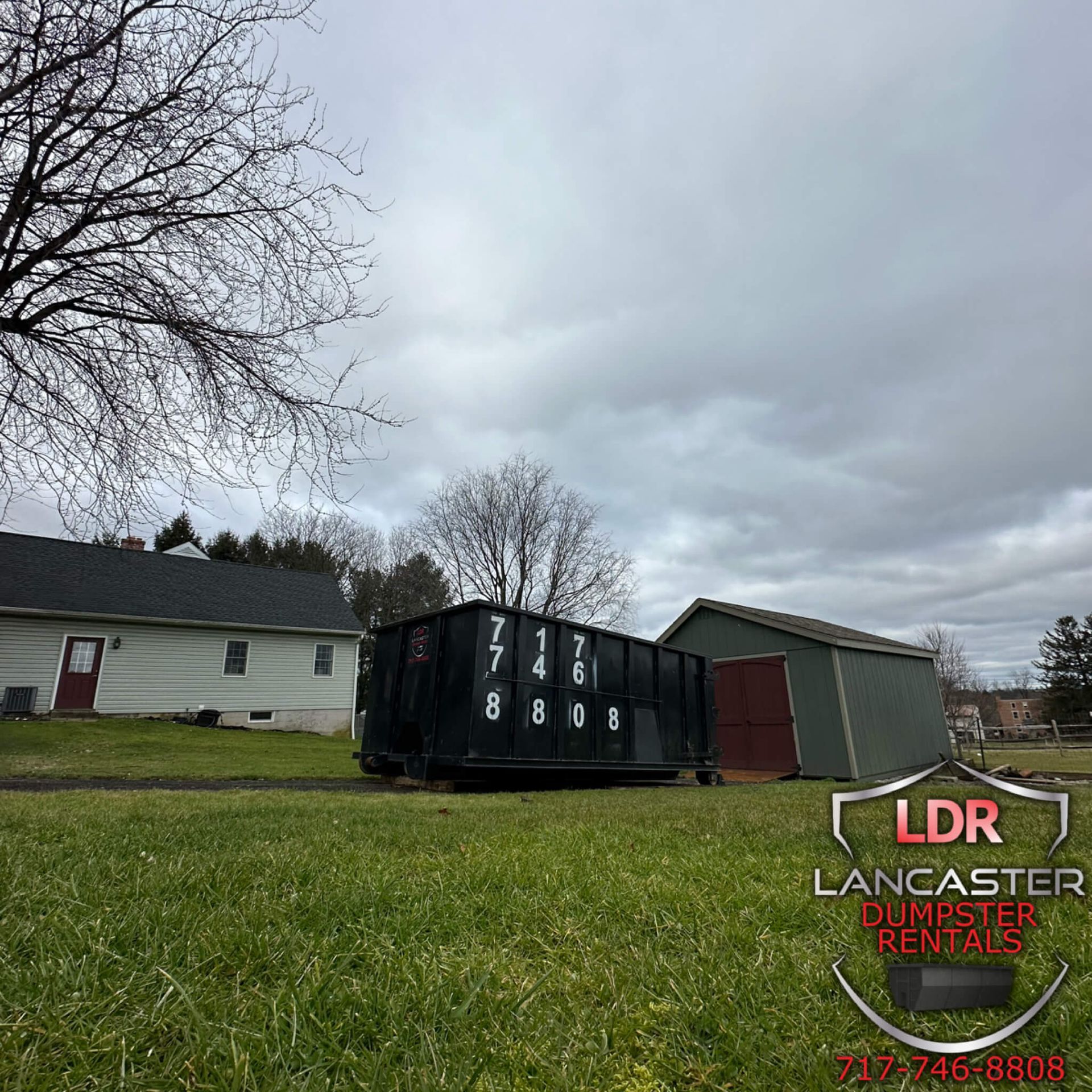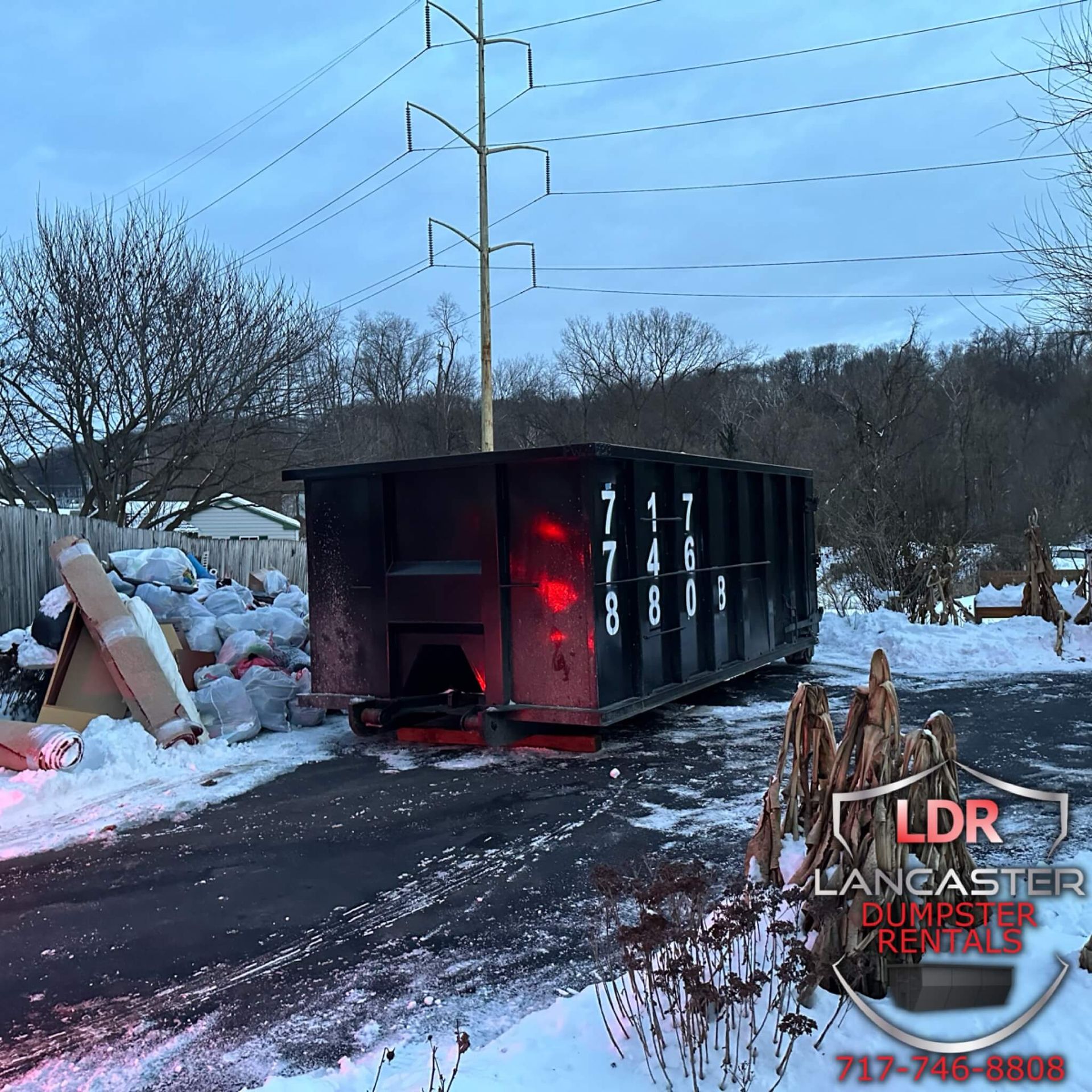Hello, homeowners and DIY enthusiasts! Are you in the midst of a big home project, surrounded by piles of debris and wishing there was an easy way to make it all disappear? Residential dumpster rentals are here to save the day – the unsung hero of home improvement and clean-up projects. Let's explore the common, and not-so-common, uses of residential dumpster rentals. You might be surprised at how versatile these giants really are!
1. Home Renovation Projects:
Home renovations are a prime time for dumpster rentals. Whether you're tearing down walls for that open concept living room or upgrading your kitchen, a dumpster on your driveway means a convenient and efficient way to dispose of construction debris, old appliances, and more.
2. Moving Days:
Moving can be both exciting and overwhelming. In the process, you often discover items you no longer need. A rented dumpster can be a lifesaver for quickly getting rid of old furniture, broken appliances, and years of accumulated 'stuff' that you don’t want to take to your new home.
3. Estate Cleanouts:
Dealing with a loved one's estate is an emotional task. When it’s time to sort through and clear out their belongings, a dumpster rental can handle everything from old furniture to miscellaneous items, making the process a little less painful.
5. Roofing Repairs:
Got a leaky roof? If you're doing roofing repairs, expect a lot of old shingles and potentially damaged wood. A small to medium-sized dumpster is typically sufficient for residential roofing debris.
6. Garage, Basement, and Attic Cleanouts:
We all have those spaces in our homes where items just seem to accumulate. Every few years, a major cleanout becomes necessary, and a dumpster in your driveway can be a great motivator to finally get rid of the junk you've been storing for far too long.
7. Disaster Cleanup:
Unfortunately, disasters happen. Whether it's a flood, a storm, or a fire, the aftermath often requires significant clean-up efforts. A dumpster can handle damaged furniture, ruined personal items, and construction debris, helping you start the rebuilding process.
8. Community Cleanup Events:
Why not make a neighborhood event out of it? Community cleanups are great for bonding with neighbors while making your area cleaner and more beautiful. A communal dumpster can collect everything from litter to larger items found during the cleanup.
Conclusion:
Residential dumpster rentals are more than just giant waste containers; they're facilitators of change, improvement, and even healing. From renovating your dream space to saying goodbye to the old, these rentals can handle it all. Next time you embark on a home project, big or small, consider the convenience of having a dumpster nearby. It’s a simple solution that can make a world of difference in managing your waste efficiently and effectively.





